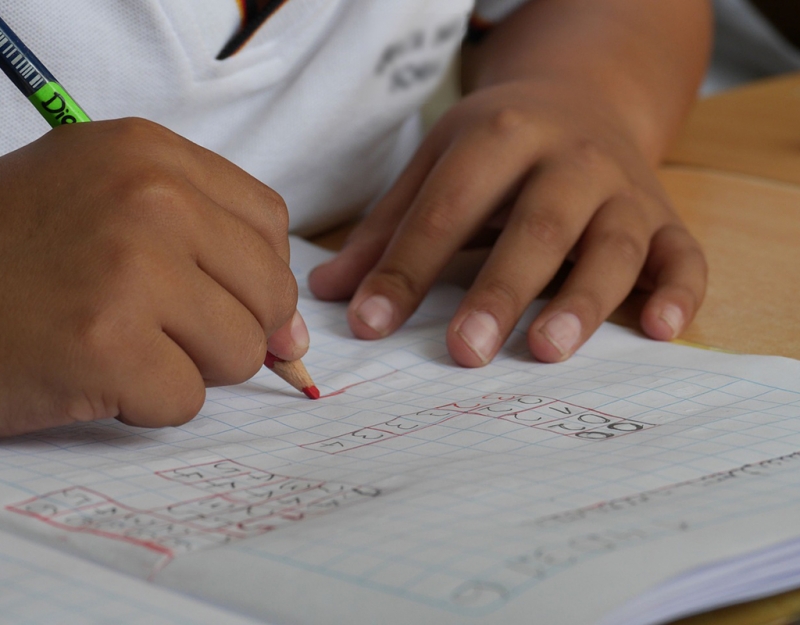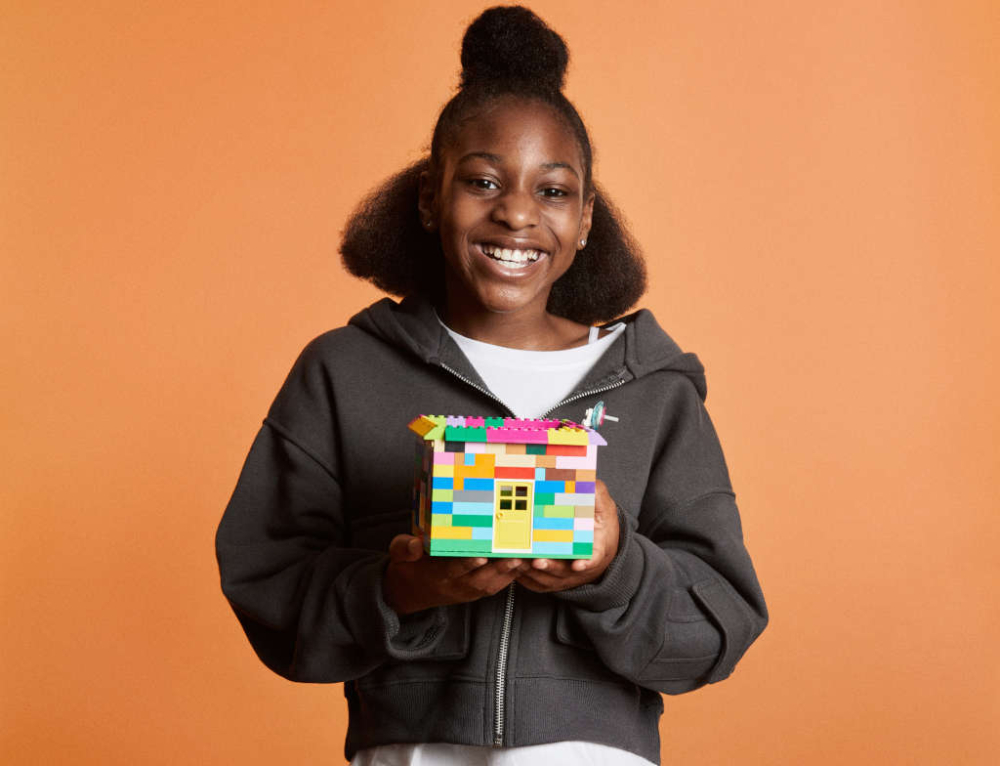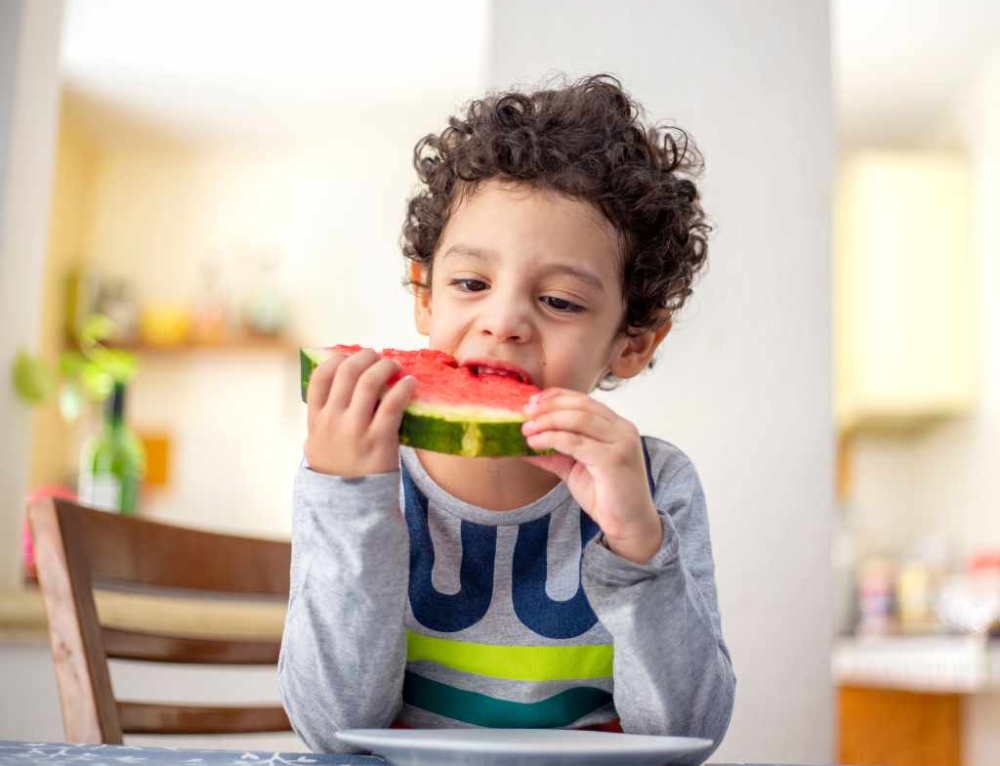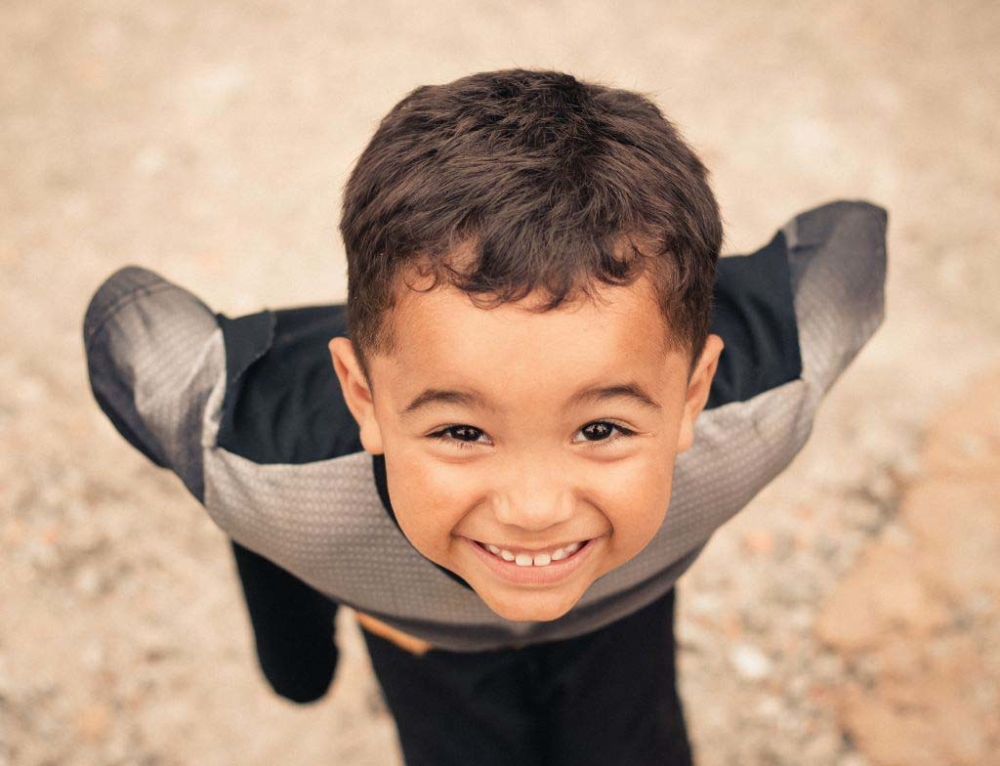Is your child ready to start school? It’s the perennial question many parents agonise over. Age-wise your little bundle of joy may be able to start school in the next intake, but are they actually ready to embark on 13 years plus of education?
In the pre-school and kindy car parks around the country mums and dads are discussing whether they’ll send their kids to school early, on time, or hold them back.
For those parents whose child falls into a grey area because of when their birth date is, what year to send them to school can be one of the most difficult decisions to make.
Do you start your child on the dot of 5 or do you wait until they are closer to 6? Will they be bored with another year shared between home and preschool or will they struggle if sent to school too early? Are they emotionally mature enough? Will they be able to keep up academically?
Kathy Walker, early childhood expert at Early Life Foundations has spent so much time talking about school readiness with parents that she’s written a book about it called, Ready Set Go.
“When to start your child at school is a major decision for parents,” she says. “And understandably because parents, and the school, want their children to thrive and to flourish and not struggle to keep up and on top of things.
“What I tell parents is that there’s no need to rush – children are going to be at school for a long time, so let’s ensure they are great years.”
“To enter school ready to thrive, flourish and enjoy the challenges – rather than merely just coping – we are taking the issue of school readiness more seriously and carefully.
School readiness: How can a parent know?
Kathy says parents can’t be expected to make a completely independent decision on whether their child is ready to start the school journey.
“The best person to assess school readiness is the child’s preschool teacher,” she says. “And it’s important parents listen to the advice given because this person has been trained in early childhood development.”
She stresses that school readiness is not about being able to read or write, know colours or count.
“These skills will be taught at school so they are not a priority for starting school,” she says.
“To enter school ready to thrive, flourish and enjoy the challenges – rather than merely just coping – we are taking the issue of school readiness more seriously and carefully.
“Readiness is really mostly about emotional and social maturity – aspects of development that we cannot fast-track. We cannot make a child who lacks the necessary maturity become mature.”
Expert checklist to assess school readiness
The key areas of maturity and development are the social and emotional areas, says Kathy.
While she is reluctant to have parents tick off a checklist, here are some of the questions she asks when assessing school readiness:
- Can they make an independent decision and follow through on this?
- Do they have ideas of their own?
- Can they follow two or three instructions at the same time?
- Can they move on to new activities easily?
- Do they separate well from their carer?
- Do they show interest in other kids?
- Do they interact with other children?
- Can they recognise and express their feelings and needs?
- Can they concentrate on a task?
- How do they deal with frustration?
How can parents help with school readiness
There are many activities that parents undertake with young children that have a positive effect on their development and promote school readiness. These include:
- reading with your child
- teaching them songs and nursery rhymes
- playing with letters and numbers
- taking children on excursions
- creating regular opportunities for them to play with their friends and other children.
Year 0 or Year 1?
The Ministry of Education website states that if your child starts in the first half of the year they will be a Year 1, if they start in the second half of the year they will start as a Year 0 and the following year will be a Year 1.
Each school has their own policy – some schools state a specfic cut-off date while other schools decide in conjunction with the parent. The general practice is that children starting in Term 1 are definitely Year 1… and Term 3 starters definitely Year 0. The Term 2 starters are a greyer area.
The decision does not have to be made straight away – you can decide at the end of that first year or even later so don’t rush the decision. Do remember though that while it may be flattering to have your child “put up”, there are implications for the child always being young in their class and this can be especially problematic as children reach their teens and may have children in their class nearly a year older.
The age your child will be when they finish school should also be considered. If your child is, for example, an April baby, and they start in Year 1, they will turn 17 in Year 13 and will not be 18 until April of their first year out of secondary. Alternatively, if they do Year 0 and then Year 1, they will turn 18 in April of Year 13. There are pro’s and con’s for both options.
This article was originally written by Fiona Baker for Kidspot, New Zealand’s leading Back To School resource, from sources including Early Life Foundations, Australian Government Department of Education. It has been modified by Kidspot NZ and includes information from the Ministry of Education.







Leave A Comment
You must be logged in to post a comment.